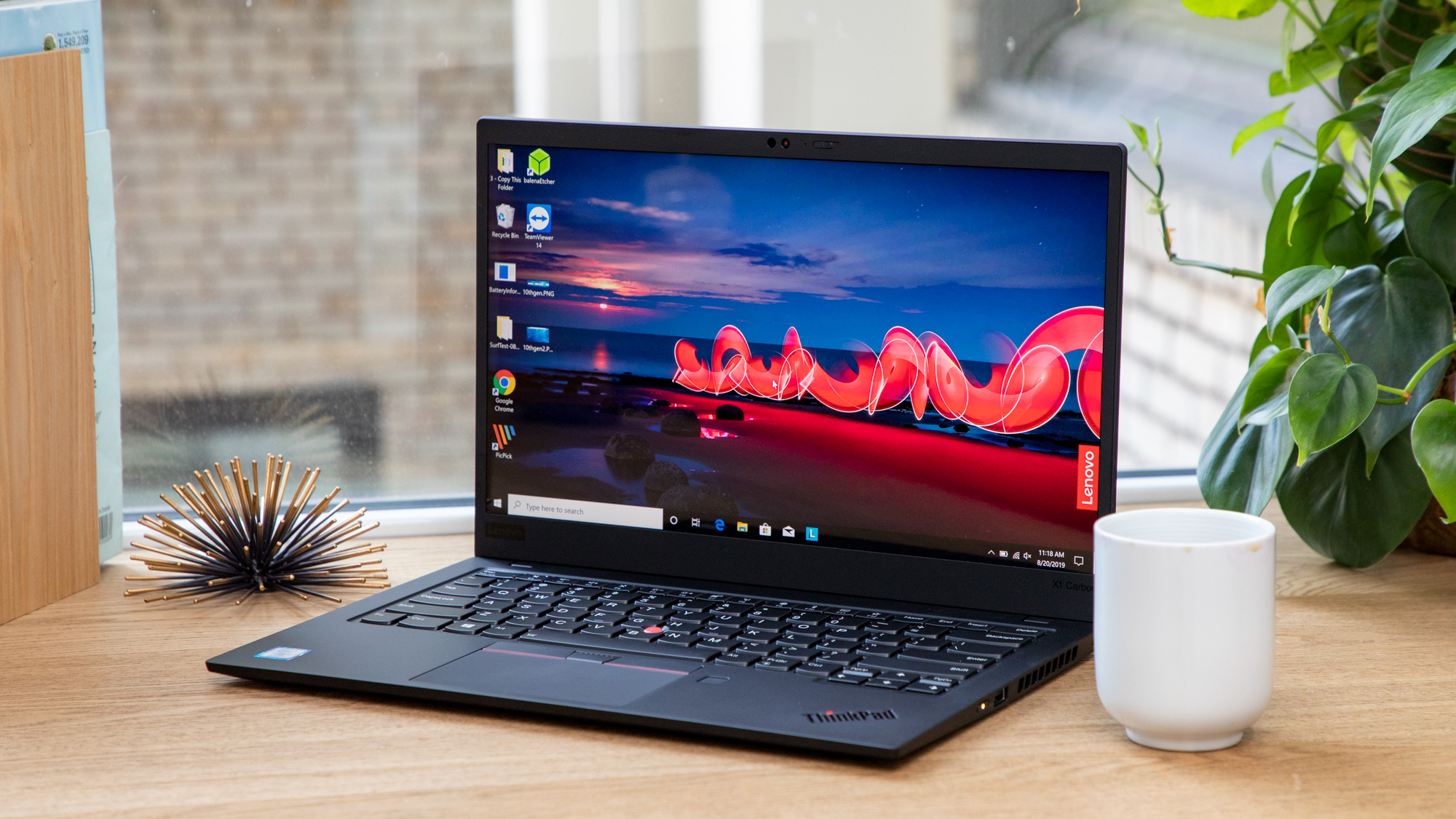Learn how a Wi-Fi-connected telephone or computer can be tracked without the person’s understanding on the Imagine RIT: Creativity and Innovation Festival on April 27. A group of computing protection students will demonstrate how the precise homes in the radio waves of a wi-fi tool can allow a 3rd-birthday party to unmarried out, fingerprint and music that unique Wi-Fi device. Visitors to the show-off, located in the Computer Zone in Golisano Hall atrium, can volunteer to look at the unique fingerprint generated from their cell cellphone and find out how their privacy can be compromised, despite the use of advanced security protocols.
“We already see packages of comparable monitoring technology in shops, theme parks, banks, inns, and different client-targeted areas,” stated Jason Puglisi, a fourth-year computing protection principal working on the venture. “Our fundamental aim is to elevate attention and encourage visitors to recall methods they may be already being tracked these days.” Imagine RIT; visitors can volunteer to connect their wireless gadgets to a trusted Wi-Fi community, including the secured RIT community.
In less than a minute, the scholar group will use a software program-described radio (SDR) tool to smell encrypted wi-fi visitors of the consumer and discover precise houses inside the radio waves of a volunteer’s device. Imperfections in the manufacturing system of not unusual wi-fi devices create those precise houses. A unique color or picture will constitute how the volunteer’s device will be effortlessly prominent from others.
The crew notes that they’ll not be decrypting or recording any statistics from volunteer gadgets, associating generated fingerprints with individuals, or commercializing the records in any manner. “Our intention isn’t to create a privacy-compromising situation, however instead to illustrate how without difficulty a much less-moral birthday party might create any such situation,” said Puglisi, who’s from Robbinsville, N.J.

The show-off is based totally on the scholars’ capstone challenge. They may be gaining a better knowledge of how device characteristics are uncovered through their wireless alerts and knowledge of future seek-and-rescue or military programs. As part of the undertaking, the research team is creating an inexpensive, extra handy, and extensive prototype to pick out or song cellular wireless devices compared to current methods.
The crew referred to that a major privacy implication in everyday exercises is tracking wi-fi gadgets without customer consent or information–in all likelihood for industrial advantage. Companies may additionally track visitors who connect to the general public Wi-Fi as they navigate a shop, or perhaps as they visit exceptional stores around a city. Researchers saw the primary instances of this at some point in the 2012 Olympics in London. “While cellphone vendors already have a different way of localizing each tool connected to their networks, we may additionally soon see monitoring technologies inside the hands of third-celebration businesses everywhere, irrespective of how small or massive,” said Puglisi.
The challenge is being presented through Puglisi, and fourth-yr computing security college students Connor Egbert, who is from Parkville, Md.; Ian Stubenbord, who is from East Aurora, N.Y.; and Adam Sowden, who is from West Greenwich, R.I. Advising the team is Hanif Rahbari, an assistant professor of computing protection. While some fingerprinting prevention and obfuscation strategies have been proposed in academia, they may no longer be commercialized. Due to the passive nature of this fingerprinting and broadcast nature of wi-fi communications, researchers say it may be tough to prevent radio wave-based monitoring in the actual-global.
“Among other things, this challenge aims at growing a prototype of a fingerprinting tool, paving the manner for future studies on prevention and obfuscation strategies,” said Rahbari. To help solve cybersecurity problems like this and address the important workforce desires in cybersecurity, RIT has introduced the advent of a Global Cybersecurity Institute. The new three-tale facility will allow RIT to deal with the global cybersecurity disaster through undertaking groundbreaking studies, education, and professional schooling and development. It is expected to open in summer 2020, with a new institute director, and can be the first facility of its kind in upstate New York.







